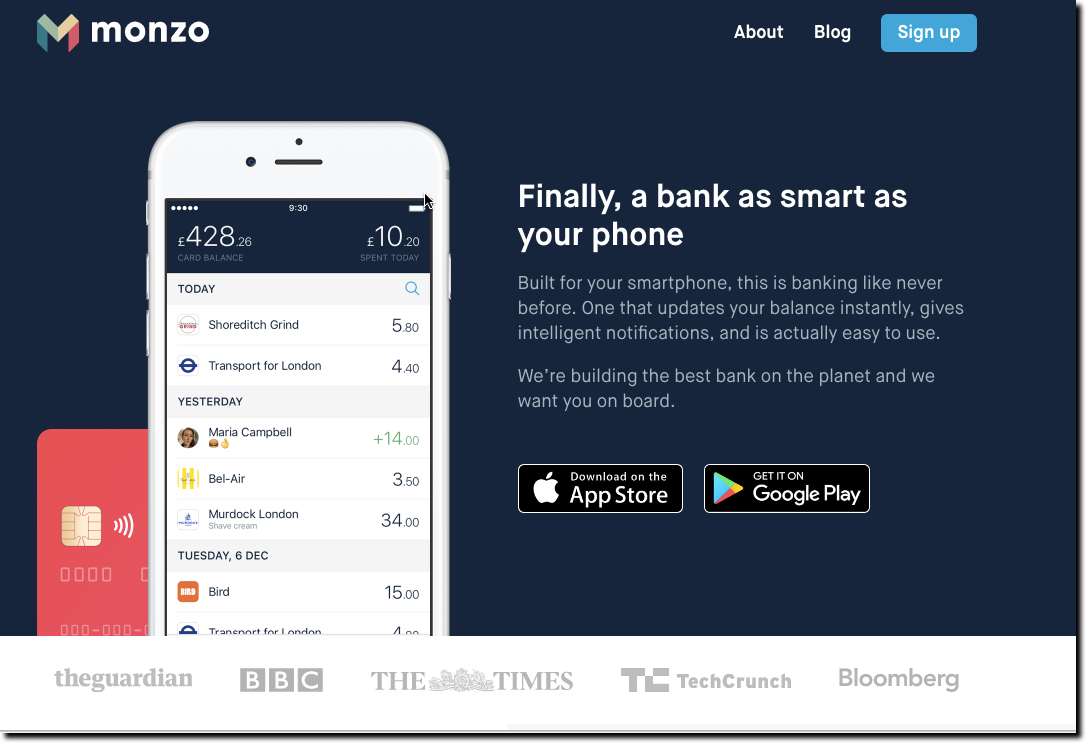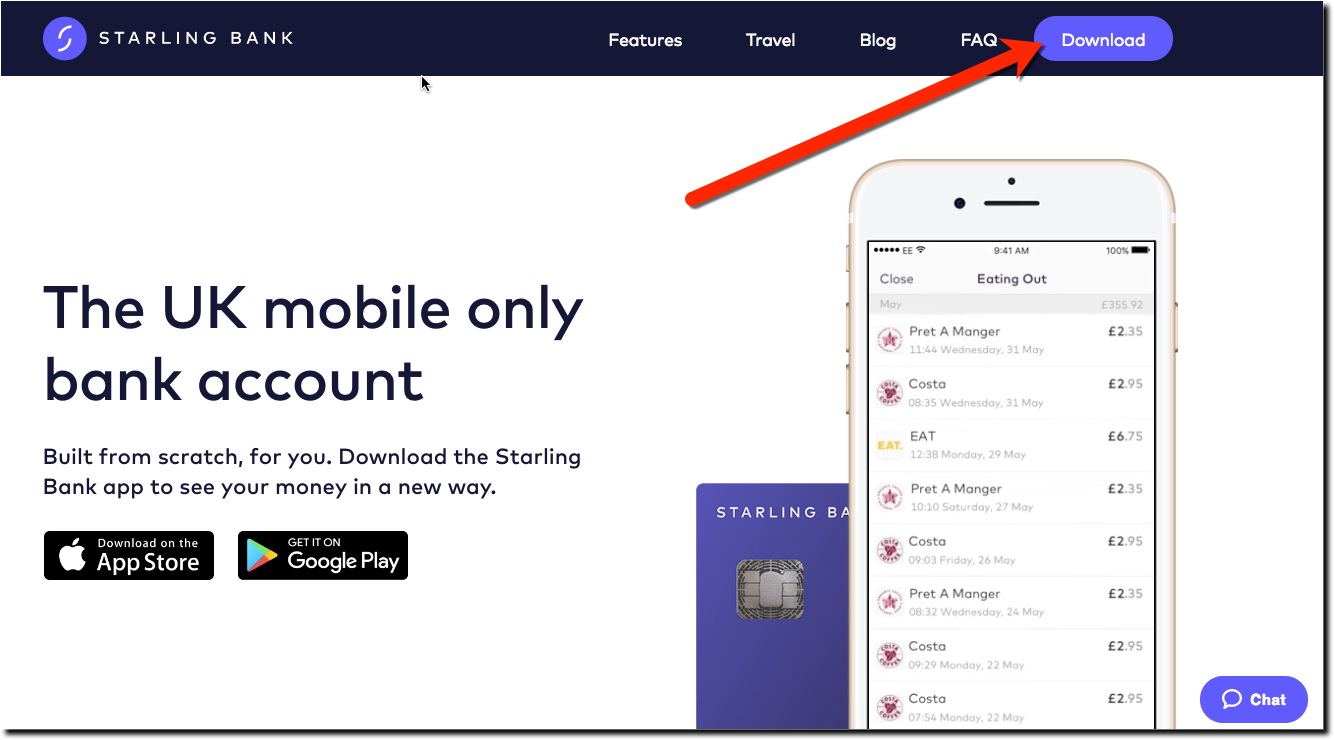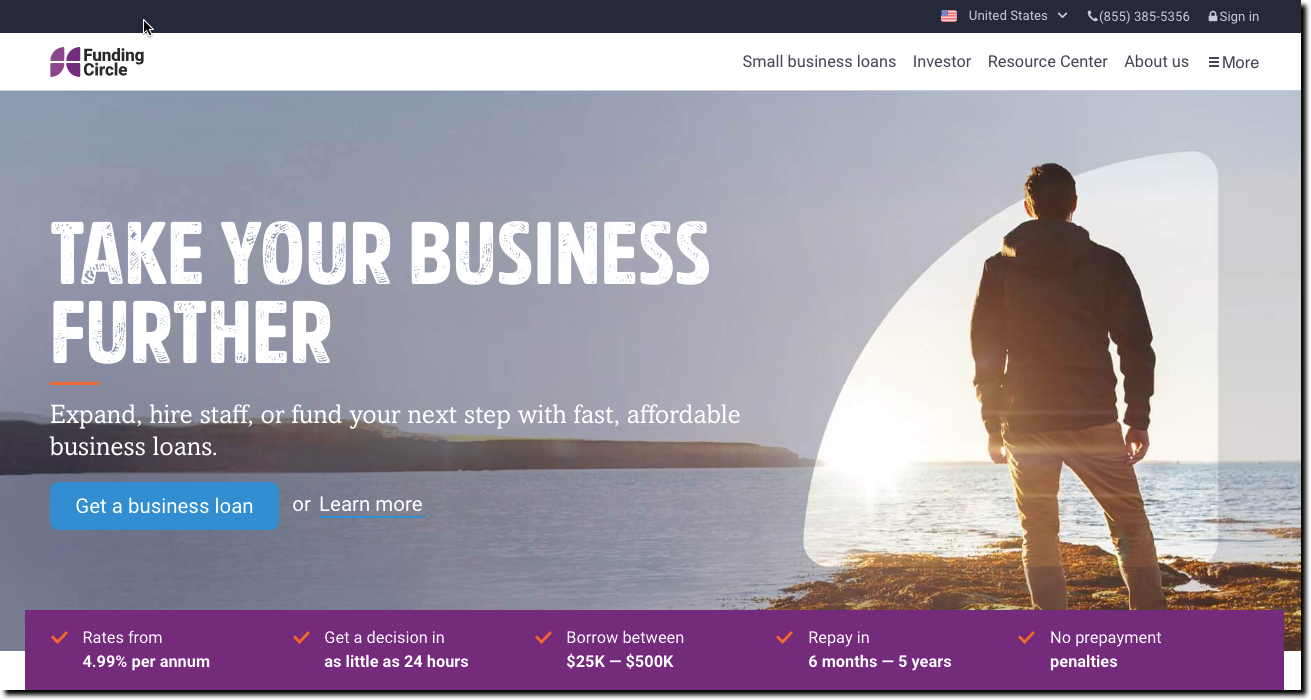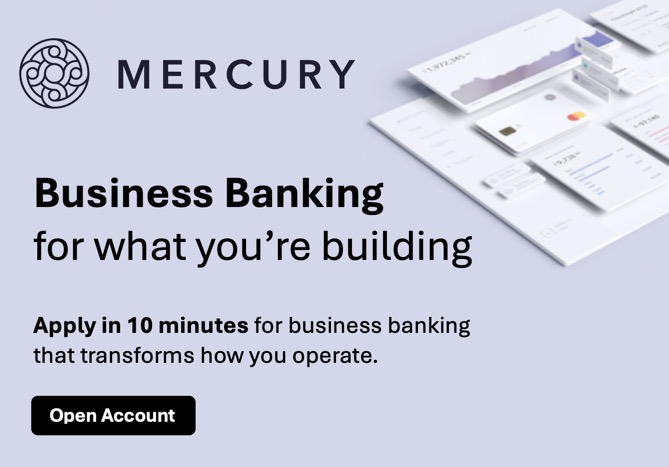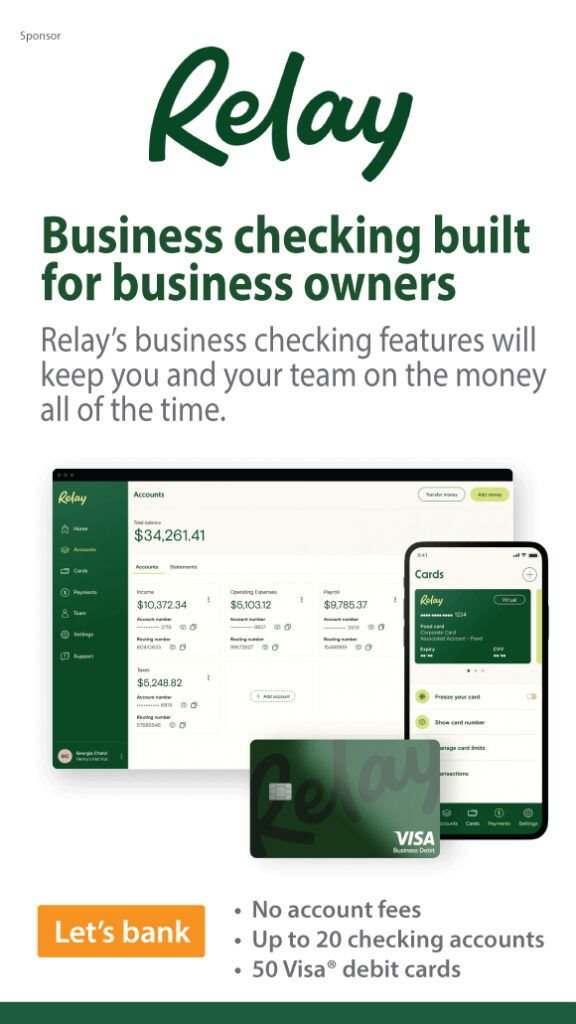
Although they raised an $8M Series A last year, Palo Alto-based Pando has been quiet about its product until a recent press tour. Listen to the interview of founder Charlie Olson on the July 22 (2020) Rebank podcast (here).
The company is creating P2P income-sharing pools. It’s a little like lottery pools where a group buys 1,000 tickets and agrees to split the money evenly if there is a big win. In Pando’s case, only a portion of the upside is shared. For example, in its initial beachhead market of professional baseball players, a player in a hypothetical 5-person pool might keep 100% of their earning up to $1.5M per year, then share a small portion of the upside, say 10%, with their peer group. That way the participant with the $90M contract shares $9M of the upside* with the other 4 people in the pool that perhaps never made it out of the minors. The star still gets $81M, more money than they’ll ever need, but the minor leaguers, who never made more than $10k, get a $2M windfall they can use to launch a new career/business.
Below is an 18-minute interview with former minor league baseball player turned Pando VP Derek Eitel recorded in March 2020:
Traction
In the July Rebank interview, CEO Olson said Pando has 385 pro baseball players registered on the platform with estimated lifetime earnings of more than $600 million ($1.7M per person). More importantly, 170 of those have joined 35 active pools (an average of about 5 players per pool). If Olson’s projected income number pans out, this cohort could generate nearly $300M in lifetime earning. Assuming about $250M is subject to sharing (80/20 distribution), and Pando takes a 3% cut, the platform stands to make $7.5M, or about $45,000 per customer (LTV). No wonder, the startup was able to land a Series A.
Pando’s Upside
It makes a ton of sense for top-tier professional athletes, but that is a small niche in the overall marketplace. So after proving their model with baseballs players, Pando is testing it with a very different type worker, newly minted MBA grads who don’t necessarily have the income disparity issues of baseball players, but who still have a small chance of becoming mega-wealthy.
On paper, there a lot of good things that could come out of widespread adoption of outlier-income-sharing
- Lifelong bonds as members of the group support each other to get above the sharing tier
- Lowering income disparity
- Ability to sell shares of the group to third parties to securitize the group’s prospect
I can see a whole lot of things that could go wrong, hiding income, refusing to abide by the contract, lack of privacy, etc. But that’s why a trusted third- party is necessary to monitor and enforce the arrangement.
* The payout could be capped. In the Derek Eitel interview above he mentions a $20M cap on how much a star player might contribute to their pool.
References:
- TechCrunch, June 2020
- Rebank podcast, 22 July 2020
- Wharton Fintech Podcast, June 2020



